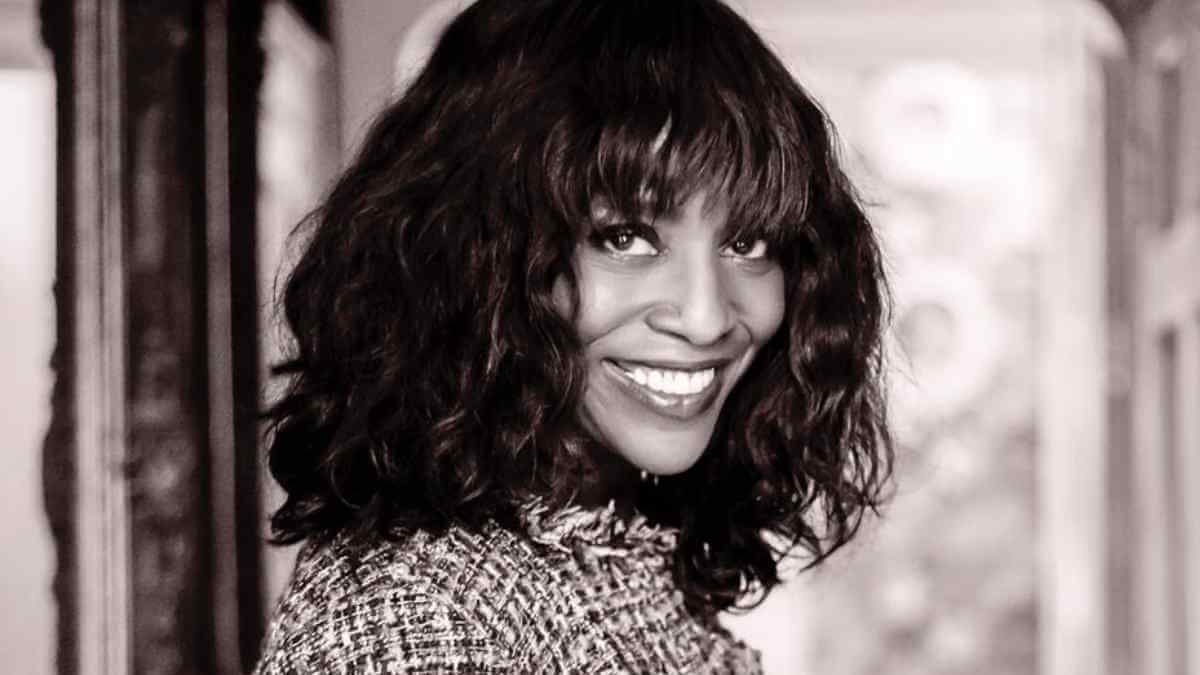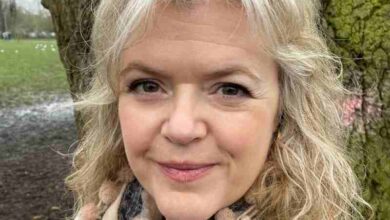Brenda Emmanus: A Trailblazer in British Broadcasting and Arts Culture

Brenda Emmanus is a name that resonates across British media, particularly in the spheres of arts, culture and entertainment. Her journey from journalism to broadcasting has marked her out as a pioneering voice, adept at bridging communities, championing diversity and bringing lesser-told stories to the fore.
Early Life and Beginnings
Born and raised in London, Brenda Emmanus grew up in a time when opportunities for Black women in the media were scarce. She entered the journalism world initially through print, working at The Voice, a newspaper which has long served as a platform for the Black British community. It was here that she sharpened her writing, editorial sense and cultural awareness before transitioning to on-screen work.
Her early experiences imbued her with a strong sense of identity, awareness of underrepresentation and a resolve to spotlight culture within minority communities. These foundations would inform her later work in arts and entertainment journalism.
Transition to Broadcasting
Brenda Emmanus’s move from print journalism into broadcasting was both bold and timely. She became better known to broader UK audiences when she joined The Clothes Show in the mid-1990s. During her time there she not only presented fashion content but also explored how clothing intersects with identity, culture and the arts. The programme’s large audiences provided her a platform to start weaving more meaningful cultural narratives into mainstream media.
This period saw her gain confidence in front of the camera, refine her interview skills and establish her reputation as someone who is as comfortable discussing high art as she is engaging with popular culture.
The Arts and Culture Correspondent
Perhaps what Brenda is best known for is her work as Arts and Culture Correspondent for BBC London. In this role she has covered a wide range of topics: exhibitions, theatre, music, public art, digital arts and cultural policy. Her reporting is characterised by curiosity, depth, empathy and a capacity to make arts accessible without diluting their meaning or value.
She has often focused on stories that lie at the intersection of heritage, identity and modernity. Her cultural insight serves not only to inform but also to challenge assumptions. Whether it is spotlighting a community arts initiative, profiling emerging Black British artists or exposing structural inequalities in access to cultural institutions, her work consistently reflects a strong moral purpose.
Major Works and Programmes
Over her career, Brenda Emmanus has contributed to many landmark arts and documentary programmes. Some high points include investigative features on underrepresented artists and regions of Britain often overlooked by mainstream media, documentary series that explore art history in the UK including forgotten or subdued pieces of the narrative, and hosting or presenting arts-based panels, interviews and live event coverage with leading cultural figures.
Her storytelling encompasses varied media settings such as television, radio, print and live event hosting. This versatility has given her a unique voice that can reach multiple audiences.
Awards, Honours and Recognition
Recognition of her work has been consistent. In 2019 she was awarded the OBE (Officer of the Most Excellent Order of the British Empire) for services to broadcasting and diversity. Such an honour testifies both to her professional excellence and her influence beyond the screen. Additionally, academic institutions have honoured her contribution; notably she has received an honorary doctorate from the University of the Arts London for her services to the arts. These accolades underline the respect she commands in both journalistic and artistic circles.
Advocacy for Diversity and Representation
Brenda Emmanus is not merely a commentator; she is also a campaigner for change. She has used her platform to amplify voices and stories of those often marginalised in mainstream arts culture. She advocates for greater diversity among artists, curators, critics and arts administrators, equitable funding and opportunities for community arts projects and more inclusive programming in museums, galleries and cultural institutions.
Her efforts contribute to a broader conversation in the UK about how culture reflects society; they ask difficult questions about who is visible, who is heard and whose stories are told.
Her Style and Impact
One of the things that sets Brenda Emmanus apart is her style: warm yet incisive, thoughtful rather than sensational and always grounded in respect. She often bridges the gap between expert discourse and general public interest, making arts coverage something people want to read or watch rather than feel excluded from.
Her impact can be seen in emerging artists who cite her support or coverage as a key career boost, community arts organisations finding greater reach thanks to her features and broader public engagement with cultural institutions, especially in under-served areas.
Because she frequently highlights regional arts as well as London scene stories, she helps to decentralise the narrative of British culture, making it less London-centric and more inclusive.
Challenges and Criticisms
No career of breadth proceeds without challenges. Some of the issues she has navigated include balancing depth with accessibility and making sure complex or specialised arts content is both accurate and engaging to general audiences. She has also had to navigate cultural politics; when stories about race, heritage or identity are involved, there will often be scrutiny from multiple sides. Doing so requires diplomatic skill and moral clarity. Furthermore, cultural institutions often resist change, sometimes slowly acknowledging diversity issues but dragging their feet when it comes to real structural reform. Her work frequently spotlights these tensions.
Recent Projects and Current Focus
Recent years have seen Brenda Emmanus deepen her focus on cultural heritage and social history. She has been involved in projects exploring how historical narratives are made visible or invisible, how museums and galleries can decolonise their collections and how cultural policy affects local communities.
She also continues to host or speak at festivals, panels, awards ceremonies and public lectures. Her role as a trustee or board member of arts bodies helps her influence decision-making at institutional levels.
Why Brenda Emmanus Matters Today
In a time of fast-changing media, shrinking public funding for the arts and growing debates over representation, voices like Brenda Emmanus’s are essential. She offers a grounded perspective that bridges expert and community concerns, a persistent focus on visibility ensuring that underrepresented stories are told and thoughtful critique of the status quo alongside constructive ideas for change.
Her work reminds us that arts and culture are not luxuries but essential to understanding society, identity and belonging.
Lessons from Her Career
For aspiring cultural journalists, broadcasters or advocates, there is much to learn from Brenda’s path. She shows the value of depth of engagement by immersing herself in cultural issues, not just surface reporting. She embodies authenticity, bringing personal conviction and cultural awareness, which resonates with audiences. Her versatility across writing, broadcasting, hosting and speaking means she has not confined herself to a single medium. Her influence grows because she has committed steadily over decades, seeking impact rather than mere fame. She has also played a collaborative role in institutional involvement, serving on boards, engaging in civic cultural decision-making and helping shape policy rather than simply commenting on it.
Conclusion
Brenda Emmanus stands as an exemplar of what cultural journalism can be at its best: intellectually curious, socially conscious and beautifully communicative. Her contributions have enriched British arts and media, giving voice to communities, shining light on hidden histories and pushing for a more inclusive cultural landscape.
Her legacy is still in motion. As media evolves, public institutions change and society continues to re-examine its stories, Brenda Emmanus remains a key part of that ongoing conversation—someone whose work matters not just for what is already accomplished, but for what is yet to be built.



